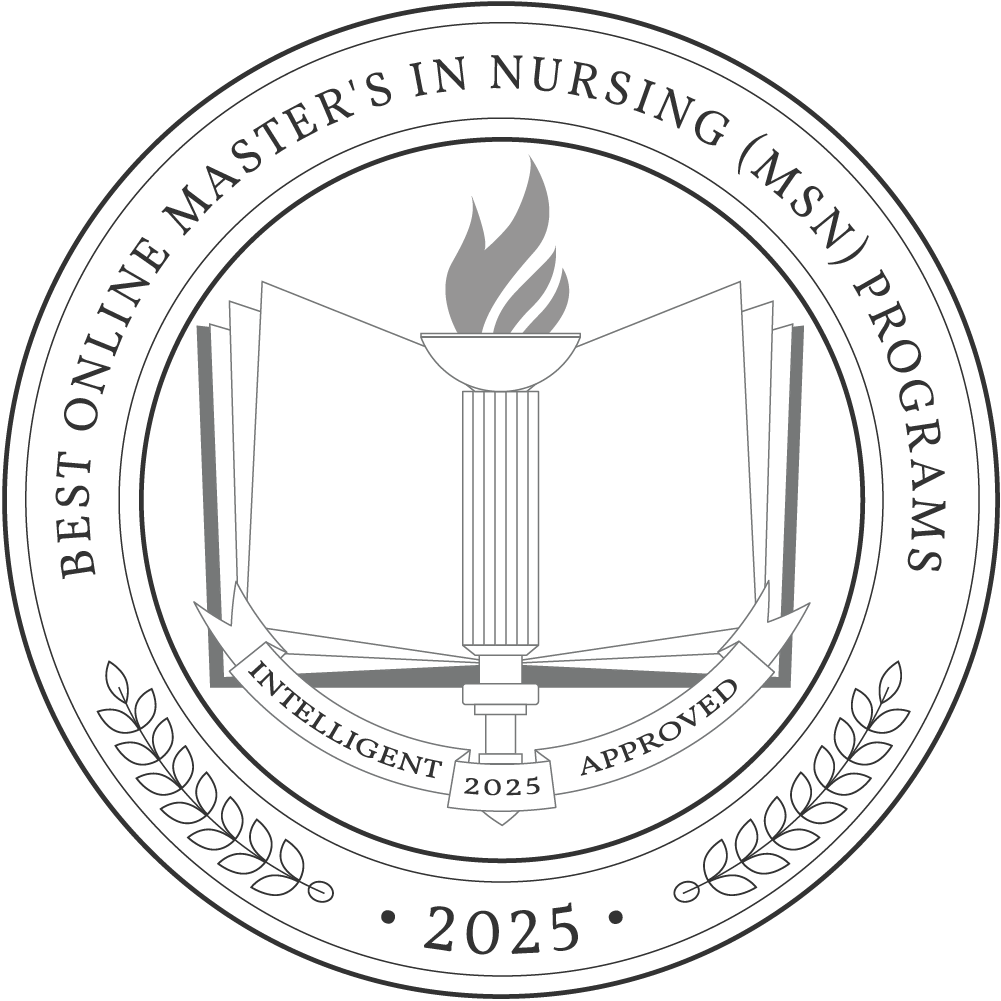Students who complete an online master’s in nursing degree program will further their knowledge of nursing and healthcare. Such a degree will also prepare them for a senior-level position within the medical field. For example, graduates who find work as an advanced practice registered nurse earn an average salary of $125,900 per year.
An online master’s in nursing degree requires students to complete between 36 to 50 credit hours of coursework. Full-time students can typically finish this course load within two to three years, and there are accelerated programs that can help students complete everything in one to two years. According to the National Center for Education Statistics, the average cost of graduate school tuition is $20,513.
Why Trust Us
The Intelligent.com Higher Education Team is dedicated to providing students with independent, equitable school and program rankings and well-researched resources. Our expert-driven articles cover topics related to online colleges and programs, paying for school, and career outlooks. We use data from the U.S. Department of Education’s College Scorecard, the National Center for Education Statistics, and other reputable educational and professional organizations. Our academic advisory team reviews content and verifies accuracy throughout the year for the most current information. Partnerships do not influence rankings or editorial decisions.
- Analyzed over 2,000 national, accredited, and nonprofit colleges and universities
- 800+ rankings pages are reviewed and updated yearly
- Content is informed by reputable sources, surveys, and interviews with academic advisors and other experts
- Over 100 data points are reviewed for accuracy and quality throughout the year, including sources
How we rank schools
Our list features the best online Nursing (MSN) degree programs at top colleges nationwide. Each school featured is a nonprofit, accredited institution — either public or private — with a high standard of academic quality for post-secondary institutions.
We evaluated each school’s program on tuition costs, admission, retention and graduation rates, faculty, reputation, and the student resources provided for online students. We collected data from trusted sources like the National Center for Education Statistics, individual school and program websites, school admissions counselors, and other data sources. Then, we calculated the Intelligent Score on a scale of 0 to 100 based on the following criterion:
Academic Quality:
- Admission rate versus enrollment rate
- Retention rate of students who return after year one
- Accreditation status (regional and programmatic)
- Nonprofit status, both private and public institutions
Graduation Rate
- Overall graduation rate
- Total number of currently enrolled students, including diversity metrics
- Student-to-faculty ratio
Cost and ROI
- In-state and out-of-state per-credit tuition rates and fees
- Required credits to graduate
- Earning potential after graduation
- Availability of federal student loans, scholarships, and other financial aid options
Student Resources
- Available student services for online-only and hybrid programs
- On-campus amenities like tutoring centers and the number of libraries
Read more about our ranking methodology.
Best 49 Accredited Online Master’s in Nursing (MSN) Programs
FiltersInstitution Type
Status
- Intelligent Score
- Alphabetically By University Name
- Acceptance Rate
- Enrollment
- In-state Graduate Tuition
- Out-of-state Graduate Tuition
- In-state Undergraduate Tuition
- Out-of-state Undergraduate Tuition

University of South Carolina
Intelligent Score: 99.76In-state: $12,288
Out-of-state: $33,528
In-state: $13,737
Out-of-state: $13,737
SAT: 1140-1340
ACT: 25-31
Most Master's in Nursing programs are designed for students who studied nursing at the bachelor's degree level. However, the University of South Carolina offers a Master's Entry to Practice Nursing (MEPN) program that's tailored to non-nurse baccalaureate students who want to enter the nursing field at the graduate level. This hybrid program includes online and in-person classes as well as hands-on clinical experiences. Over the course of five semesters, students will cover foundational nursing concepts and specialized practices in pediatrics, gerontology, psychiatric nursing, and more. By the end of the program, students are eligible to sit for the National Council Licensure Examination for Registered Nurses (NCLEX).
$572
Online
Commission on Collegiate Nursing Education
30-47

Indiana University School of Nursing
Intelligent Score: 99.07In-state: $9,815
Out-of-state: $36,194
In-state: $9,786
Out-of-state: $9,786
SAT: 1120-1350
ACT: 24-31
In-State: $422
Out-of-State: $1,330
Online, Hybrid
Commission on Collegiate Nursing Education
42

Saint Xavier University
Intelligent Score: 98.49In-state: $33,630
Out-of-state: $33,630
In-state: $15,000
Out-of-state: $15,000
SAT: 950-1120
ACT: 18-24
Saint Xavier University offers three programs of study for students in their Master's of Nursing programs: Clinical Leadership, Family Nurse Practitioner, and Nurse Educator. Students also have the option to pursue an MSN/MBA degree, which equips nurses with business principles and knowledge to further advance in their field. In addition to their degree programs, Saint Xavier also offers unique financial aid incentives, including an Alumni Loyalty Scholarship for any student who also attended undergraduate school at Saint Xavier, and Employer Assistance for employees of certain organizations. To apply, students must have a Bachelor's degree in nursing and a current nursing license. Students with a 3.0 GPA or higher are given preferential admission, but students with a lower GPA will be reviewed on a case-by-case basis. Additional admission requirements include official transcripts, one recommendation letter, a personal statement, and a current resume or curriculum vitae (CV).
$750
Online
Commission on Collegiate Nursing Education
35-47
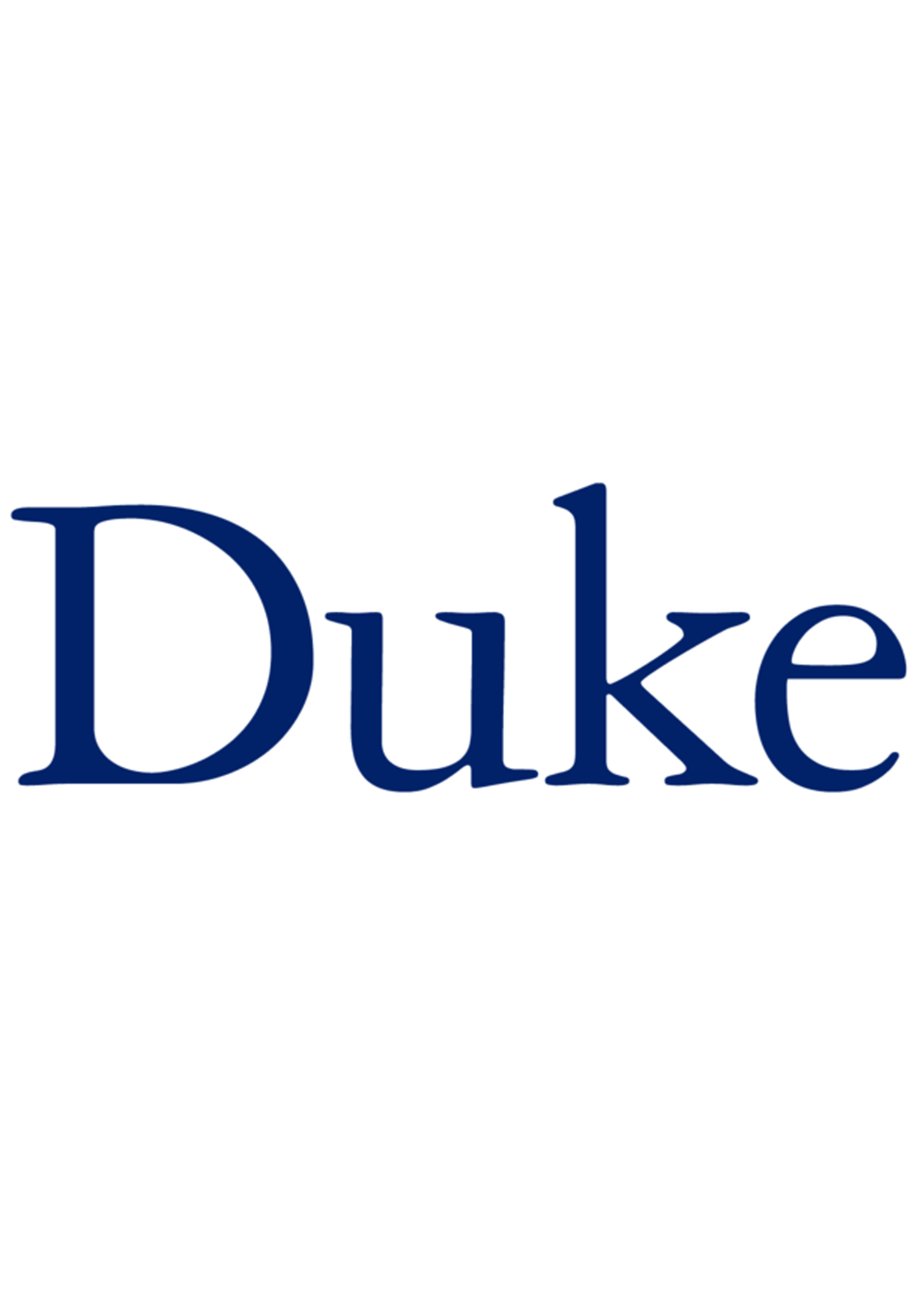
Duke University
Intelligent Score: 98.23In-state: $55,880
Out-of-state: $55,880
In-state: $57,900
Out-of-state: $57,900
SAT: 1470-1570
ACT: 34-35
Duke University School of Nursing offers a wide variety of majors, including advanced practice registered nurse majors and non-clinical majors. Those seeking an advanced practice major can choose from Adult-Gerontology Acute Care or Primary Care, Pediatric Acute or Primary Care, Family, Neonatal, and Women's Health. Options for non-clinical majors include Health Informatics, Nursing and Healthcare Leadership, and Nursing Education. Students can also obtain a specialty certificate in a variety of subjects upon approval from an advisor. To apply, prospective students must have a Bachelor's in Nursing with a 3.0 GPA or higher. Applicants must complete a prerequisite course in statistics with a C or better and submit official transcripts from all institutions where college credit was earned. Additional application requirements include three letters of recommendation, a personal statement, a current resume or curriculum vitae (CV), and a current nursing license.
$2,166
Online, On-Campus
Commission on Collegiate Nursing Education
36-49

Ohio State University
Intelligent Score: 97.16In-state: $10,615
Out-of-state: $32,599
In-state: $11,560
Out-of-state: $11,560
SAT: 1210-1430
ACT: 26-32
Nursing students earning their Master's in Nursing at Ohio State Online benefit from a comprehensive program with four different options for specialization: Neonatal, Family, Psychiatric Mental Health, and Clinical Nurse Leader. Students can attend lectures and complete coursework entirely online, and the requirement for in-person clinical experience can be completed near the student's residence. Before applying, prospective students should check to make sure Ohio State Online is authorized to provide online instruction in their state. Application requirements include a Bachelor's in Nursing, an active nursing license, and a minimum 3.0 GPA in all undergraduate coursework. Students should prepare a purpose and goals statement, and submit a current resume or curriculum vitae (CV).
$1,158
Online
Commission on Collegiate Nursing Education
63

George Washington University
Intelligent Score: 96.2In-state: $55,961
Out-of-state: $55,961
In-state: $31,770
Out-of-state: $31,770
SAT: 1270-1450
ACT: 30-33
$1,450
Online, On-Campus, Hybrid
Commission on Collegiate Nursing Education
36-50

University of Alabama
Intelligent Score: 95.94In-state: $10,780
Out-of-state: $30,250
In-state: $10,780
Out-of-state: $10,780
SAT: 1070-1330
ACT: 23-31
The University of Alabama Online provides students seeking their Master's in Nursing with an opportunity to pursue a concentration in Nursing Administration. This program is geared toward helping nurses excel in their field by learning to take a leadership role while mentoring other nurses. Graduates may be applicable for careers in executive-level positions, with job titles like Director of Nursing Services or Chief Nurse Executive, among others. Students can attend part- or full-time, and the degree can be completed in 33-39 credit hours. Applicants must have a 3.0 GPA or higher on all undergraduate coursework, a Bachelor's degree in Nursing, and a current, unencumbered nursing license in a state-approved for admission. Additional application requirements include official transcripts, a statement of purpose, a professional statement, a resume or curriculum vitae (CV), and contact information for two references.
$440
Online
Commission on Collegiate Nursing Education
33-72
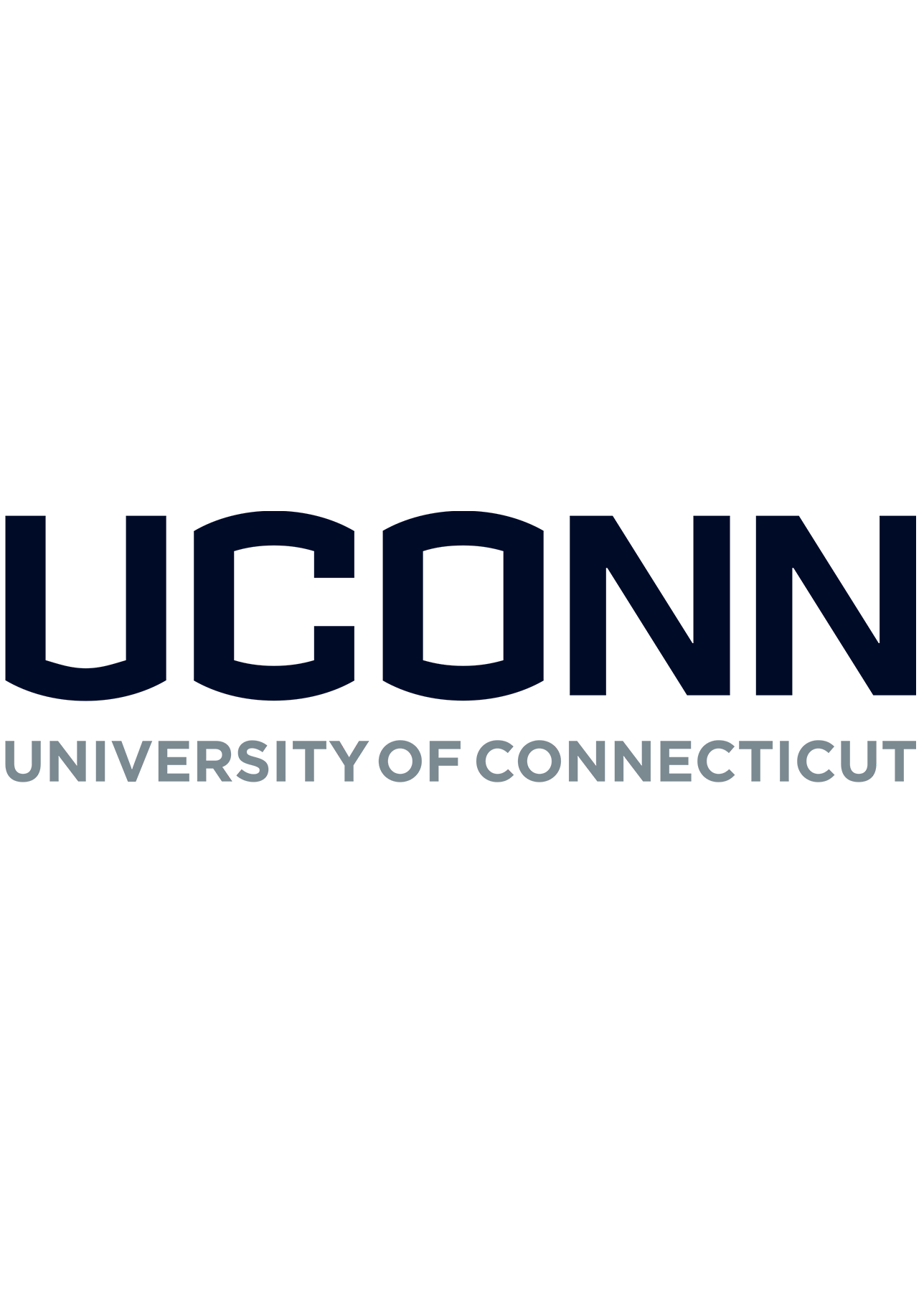
University of Connecticut
Intelligent Score: 95.74In-state: $14,406
Out-of-state: $37,074
In-state: $16,908
Out-of-state: $16,908
SAT: 1170-1390
ACT: 27-32
$925
Online
Commission on Collegiate Nursing Education
33-48
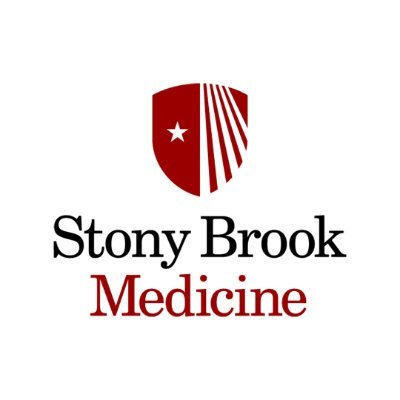
Stony Brook School of Nursing
Intelligent Score: 95.16In-state: $67,849
Out-of-state: $90,339
In-state: NA
Out-of-state: NA
SAT: NA
ACT: NA
$565
Online
Commission on Collegiate Nursing Education
36

UMass Amherst
Intelligent Score: 95.04In-state: $15,791
Out-of-state: $35,779
In-state: $14,014
Out-of-state: $14,014
SAT: 1200-1390
ACT: 27-32
In-State: $646
Out-of-State: $1,482
Online
Commission on Collegiate Nursing Education
32

UTMB School of Nursing
Intelligent Score: 94.62In-state: $11,448
Out-of-state: $40,032
In-state: $12,028
Out-of-state: $12,028
SAT: 1210-1470
ACT: 26-33
Resident: $418
Non-Resident: $847
Online
Commission on Collegiate Nursing Education
49
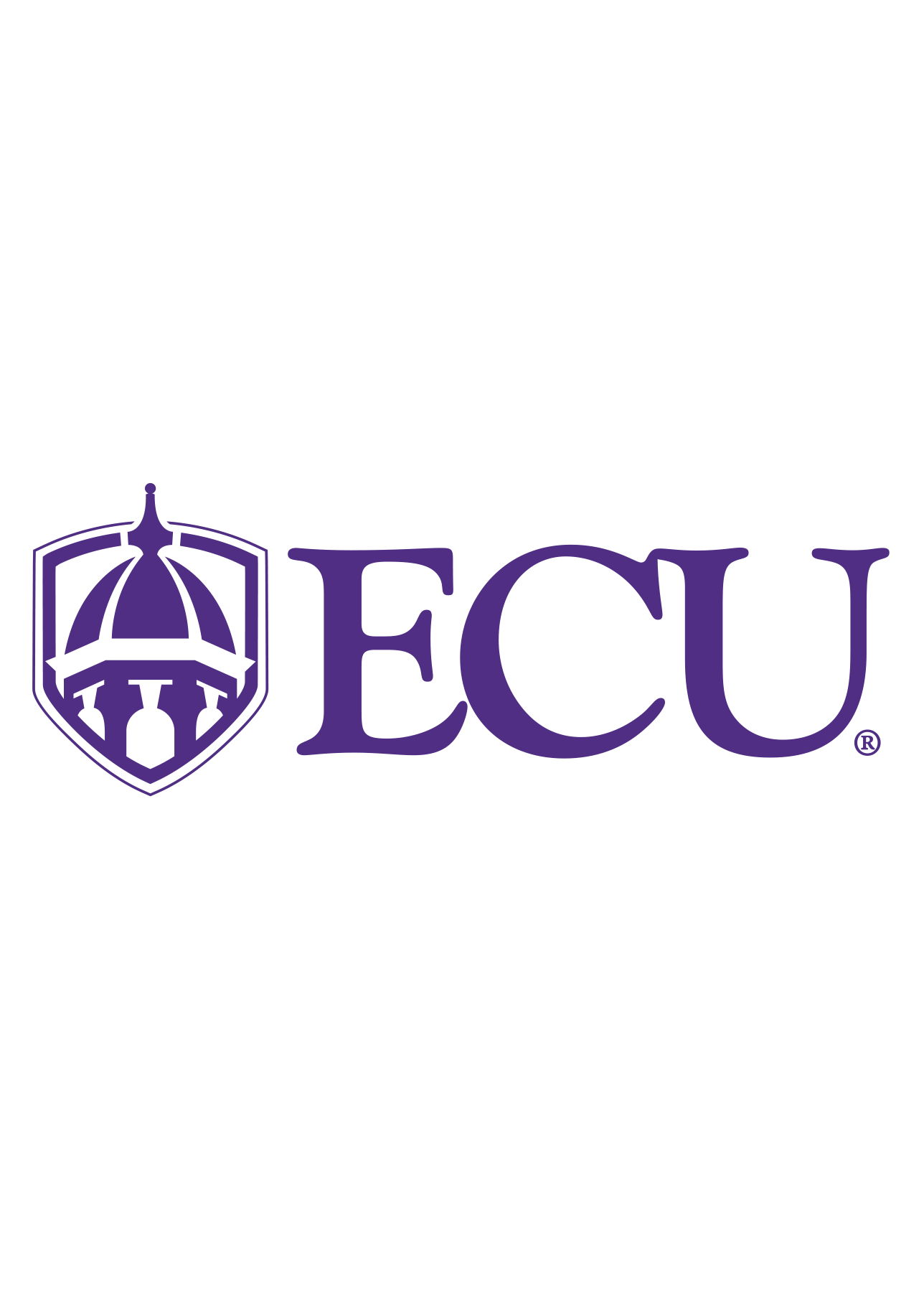
ECU College of Nursing
Intelligent Score: 94.24In-state: $4,452
Out-of-state: $20,729
In-state: $4,749
Out-of-state: $4,749
SAT: 1020-1170
ACT: 19-24
Resident: $413
Non-Resident: $1,144
Online, On Campus
Commission on Collegiate Nursing Education
37-42
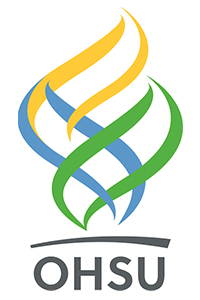
Oregon Health & Science University
Intelligent Score: 94In-state: $54,594
Out-of-state: $80,296
In-state: $55,344
Out-of-state: $55,344
SAT: Not Applicable
ACT: Not Applicable
Resident: $674
Non-Resident: $874
Online
Commission on Collegiate Nursing Education
31-48

University of Central Florida
Intelligent Score: 93.82In-state: $4,478
Out-of-state: $19,810
In-state: $6,916
Out-of-state: $6,916
SAT: 1160-1340
ACT: 25-30
Resident: $327
Non-Resident: $1,151
Online
Commission on Collegiate Nursing Education
31-36

University of Colorado Anschutz Medical Campus
Intelligent Score: 93.65In-state: $10,728
Out-of-state: $34,930
In-state: $11,826
Out-of-state: $11,826
SAT: 1130-1350
ACT: 25-31
Resident: $770
Non-Resident: $1,248
Online
Commission on Collegiate Nursing Education
32-42

UNC Greensboro School of Nursing
Intelligent Score: 93.55In-state: $7,019
Out-of-state: $34,198
In-state: $10,552
Out-of-state: $10,552
SAT: 1280-1490
ACT: 28-33
Resident: $255
Non-Resident: $928
Online
Commission on Collegiate Nursing Education
37-44

Ohio University
Intelligent Score: 93.18In-state: $27,574
Out-of-state: $38,254
In-state: $18,138
Out-of-state: $18,138
SAT: 1070-1290
ACT: 22-27
$512 - $668
Online
Commission on Collegiate Nursing Education
30-40
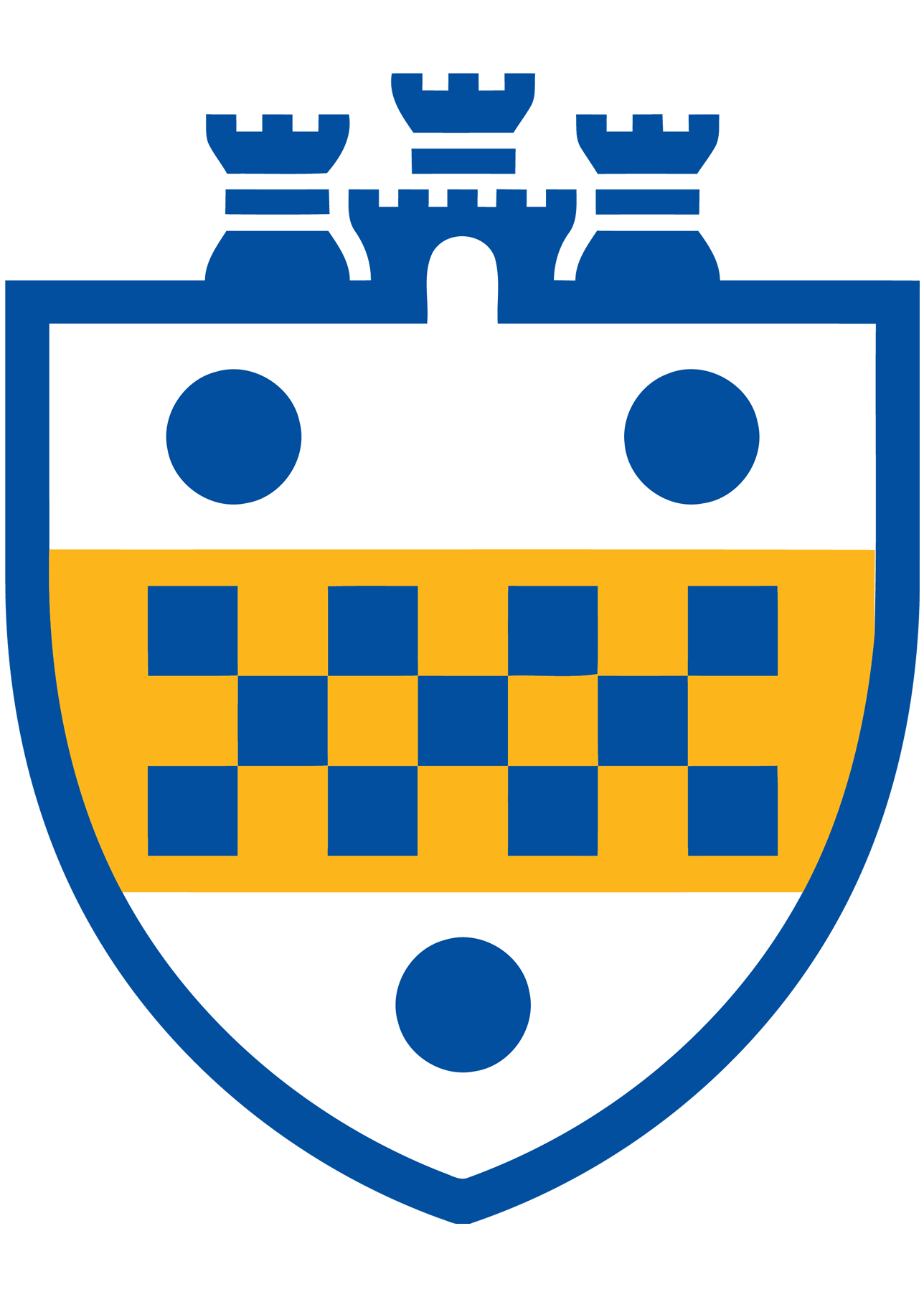
University of Pittsburgh School of Nursing
Intelligent Score: 92.97In-state: $18,628
Out-of-state: $32,656
In-state: $23,530
Out-of-state: $23,530
SAT: 1243-1420
ACT: 28-32
$1,231
Online
Commission on Collegiate Nursing Education
33-43
How to Choose an Online Master’s in Nursing (MSN) Program
Choose your area of study
This degree is typically available as a Master of Science (MS). The online master’s in nursing degree is already highly specialized, and students can customize their education further by choosing a specific area of study. While the exact areas of study available may vary by institution, common concentration options include nurse practitioner, nurse educator, nurse executive, and certified nurse midwife.
Each of these concentrations prepares students for a very different post-graduate nursing career. Because of that, students should carefully consider what kind of career they want to focus on after graduation and choose an area of study that will best prepare them for such a career.
Research schools and programs
You should only consider institutions that have been approved by a DOE-recognized regional accrediting organization, such as the New England Commission of Higher Education or Northwest Commission on Colleges and Universities. These organizations evaluate schools to ensure they provide students with a high-quality education. Those who attend a school that isn’t regionally accredited may be unable to access financial aid or transfer credits to another institution if needed.
Ideally, your master’s in nursing program will also be accredited by a respected industry group like the Commission on Collegiate Nursing Education (CCNE). This programmatic accrediting organization has particularly high standards for nursing education.
To learn more about any schools that you’re interested in, you can visit the school’s website, contact an admissions counselor, follow the school on social media, or attend an in-person or virtual open house.
Prepare for tests and applications
Application requirements vary by school and program. Most online master’s in nursing programs will require students to submit GRE test scores as part of their application, though some programs may accept MAT scores in their place. The application or the school website may indicate the minimum score for students. Students who have not taken these tests may need up to three months to study and two to three weeks to receive test results.
The online application will also specify if students need to include other materials, such as undergraduate transcripts, a cover letter, a personal statement, or letters of recommendation. Before submitting an application, always contact an admissions counselor to ensure you have the most accurate information regarding requirements and deadlines.
Select your program
With the list of online master’s in nursing programs narrowed down, students must now determine which programs they will apply to.
To do so, closely examine the cost of each school. Students can save a significant amount by choosing a more affordable program and avoiding unnecessary student debt. Also, students may want to contact the university and inquire about job placement rates, as this allows them to apply to places that are likeliest to further their careers.
Before making your final decision, review your needs and goals again. Do you plan to attend school full-time or part-time? Do you want your program to be as online as possible, or are you fine with a hybrid program that has a fair amount of in-person requirements? Some programs offer asynchronous courses, which can be completed at your own pace, while others only offer synchronous courses, which involve remotely attending lectures and completing assignments at the same time as other students — which of these two online learning formats do you prefer? Your school should accommodate your scheduling needs and learning preferences.
Determine how you’ll pay for your degree
Everyone attending an online master’s in nursing program should complete the Free Application for Federal Student Aid (FAFSA) each year. By doing so, students will automatically qualify for federal student loans. Additionally, while these are harder for graduate students to obtain, completing the FAFSA might be a requirement to qualify for any grants or scholarships that may be available.
Contact the school’s financial aid office to determine what aid is available to remote grad students. They can answer student questions and inform students of additional aid available through the school or the state. Those who already work in the field should see if their employer offers tuition assistance benefits as well.
What Can You Expect from an Online Master’s in Nursing (MSN) Program?
Students who enroll in an online master’s in nursing degree program can expect coursework that builds on their knowledge of the health field while providing extensive leadership training. Courses will have a high focus on “soft skills” like communication and teamwork that are necessary to effectively interface with patients and the rest of the medical staff.
Students will also learn how to quickly assess medical and managerial emergencies and make quick, informed decisions amid various high-pressure scenarios. All of this requires confident critical thinking skills — the program will help nurture these skills among students.
Typically, students taking an online master’s in nursing program can complete their coursework in two years if they attend full-time. If the program has a higher credit requirement, or if the student attends only part-time, then the coursework may take three years or more to complete.
Potential courses you’ll take in an online master’s in nursing (MSN) degree program
- Introduction to Advanced Registered Nursing. This course introduces and reinforces concepts such as nursing theory and the ethical considerations that must always apply to treating patients. It emphasizes leadership and its impact.
- Advanced Health Assessment for Nurse Educators. This class builds on a student’s health assessment knowledge by teaching them how to evaluate a very diverse population using many types of assessments. Students learn how to communicate with patients and colleagues alike.
- Organizational Leadership and Informatics. This class focuses on leadership theory and implementation, along with policy and organizational science. Students learn how to balance patients’ needs against their institution’s resources, which helps them provide cost-effective care to patients and dynamic solutions based on robust leadership theories.
- Advanced Pathophysiology and Pharmacology for Nurse Educators. This highly specialized course focuses on three principles: pharmacology, pathophysiology, and physiology. Students learn how to diagnose specific symptoms and how to offer effective prescriptions and treatments using evidence-based research collected from various doctors, nurses, and researchers.
What Can You Do With an Online Master’s in Nursing (MSN) Degree?
Career outlook
The healthcare sector has been experiencing rapid growth for the last several years, and this isn’t showing any signs of slowing down. Open positions for nurse anesthetists, nurse midwives, and nurse practitioners — all positions that require a master’s in nursing degree — are expected to increase significantly over the next decade.
An online master’s in nursing degree program prepares graduates to provide more in-depth patient care and serve as primary care providers in certain environments. Students can choose from a variety of specialties, including women’s health, pediatrics, and research. This degree also provides the necessary background for a career as a nursing instructor. Below are just a few of the career paths open to graduates with a master’s degree in nursing:
- Advanced practice registered nurse — In addition to standard nursing duties, APRNs also handle more complex tasks such as prescribing medication and ordering tests. There are three APRN roles available: nurse practitioner, nurse anesthetist, and nurse midwife.
- Median annual salary: $125,900
- Projected employment growth (through 2032): 38%
- New job openings projected: 29,200 annually
- Health services manager — Manage a healthcare practice or department and supervise medical staff.
- Median annual salary: $104,830
- Projected employment growth (through 2032): 28%
- New job openings projected: 54,700 annually
- Medical scientist — Help research diseases and develop new drugs and medical devices.
- Median annual salary: $99,930
- Projected employment growth (through 2032): 10%
- New job openings projected: 7,500 annually
Online Master’s in Nursing (MSN) Degree Frequently Asked Questions
How do I apply to an online master’s in nursing (MSN) degree program?
To apply to an online master’s in nursing program, students must navigate to the university website and submit the application there. At this point, students should closely review the application requirements, including whether test scores are required and whether they must submit a cover letter or letters of recommendation.
How much does an online master’s in nursing (MSN) degree program cost?
According to the National Center for Education Statistics, the average cost of graduate school tuition is $20,513.
The exact cost a student will pay varies by the program they select. Public institutions are cheaper than private ones, for example, and programs with a higher credit requirement will be more expensive than ones with a lower credit requirement. Cost is one of the reasons why researching prospective schools is so important — in some cases, an afternoon of research could help students save thousands of dollars on their overall tuition.
How long does it take to earn an online master’s in nursing (MSN) degree?
Most online master’s in nursing programs are designed to be completed within two years by full-time students, though some require enough extra credits that it would take the same student three years to complete.
Additionally, part-time students will need three years or longer to complete all required coursework. While students may feel the temptation to graduate as quickly as possible, it’s important not to take on too many courses too fast, which can compromise a student’s grades and sabotage their future career.
Is an online master’s in nursing (MSN) degree worth it?
An online master’s in nursing degree allows nurses to pursue higher positions — and the higher salaries that go with them. An online MSN program also makes it easier for nurses to advance their education while working full-time.
Students will have the opportunity to participate in clinical training, which provides hands-on experience in their chosen specialty. It also gives students the chance to network with other nursing professionals and get mentorship from professors.
Graduating from an online master’s in nursing degree program shows potential employers that you have the clinical skills necessary for the job as well as time management and self-motivation skills. If you’re interested in going into telemedicine, experience in remote environments can set you apart from other candidates.
Related Resources
- Are Online MSN Programs Respected?
- Do You Need a Master’s To Be a Nurse Practitioner?
- How Much is a Registered Nurse Salary With a Master’s Degree?
- Most Affordable Online Master of Science in Nursing (MSN) Degree Programs
- Nursing Degree Program Guide
- Shortest Online RN-to-MSN Degree Programs
- Top One-Year Online MSN Degree Programs
- Types Of Master’s Degrees In Nursing
Compare School Options
Related Degrees
- Health Science
- Health Services
- Public Health
- Nutritional Sciences
- Gerontology
- Kinesiology
- Respiratory Therapy
- Nutrition
- Veterinary
- Health Informatics
